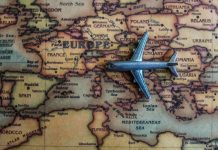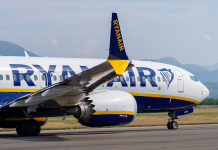Various migrations, trading relations, ethnicities and colonial influences have helped shape Mozambique into what it’s today. Here is a glance back at its early days.
Finding recent territories
The San group of gatherers and hunters were the primary inhabitants of Mozambique. Also, these people were the ancestors of the Khoisan people. Thereafter, the Bantu people made their way into Mozambique and their journeys took them through the valley of the mighty Zambezi River.

Trade and colonial rule
In the years that followed, Mozambique’s importance as a hub for trade and commerce grew and in consequence, the African nation saw the arrival of Arab traders who made their homes along the coast. However, Mozambique’s riches and abundance were soon taken over by the Portuguese and in turn, explorer Vasco da Gama successfully colonised the country within the yr 1498.
Independence
After nearly 5 centuries of colonial rule and hardship, Mozambique gained independence from Portugal on the twenty fifth of June, 1975. A socialist government led by President Samora Machel got here into power which might also receive diplomatic and military support from Cuba and the Soviet Union.
Post-Machel period
During the term of office of President Joaquim Chissano who succeeded President Machel, Mozambique gained membership within the Commonwealth of Nations in 1995. This accomplishment was noteworthy as at the moment, no country had received membership without having been an element of the British Empire.
Tourism
Of late, tourism has been playing a vital role in uplifting and improving the local economy. Thus, quite a few attractions have mushroomed into existence across various sections of the country with Mozambique resorts within the likes of Anantara Bazaruto Island Resort serving as a sound base to voyage to areas akin to the Bazaruto Archipelago.
Escape the ordinary and discover the extraordinary! From bustling cities to serene landscapes, every journey begins with a single step—let us guide yours. Enjoy curated itineraries, hidden gems, and hassle-free bookings designed for explorers at heart. Whether it's a weekend getaway or a globe-trotting adventure, your Next unforgettable experience is just a click away.










